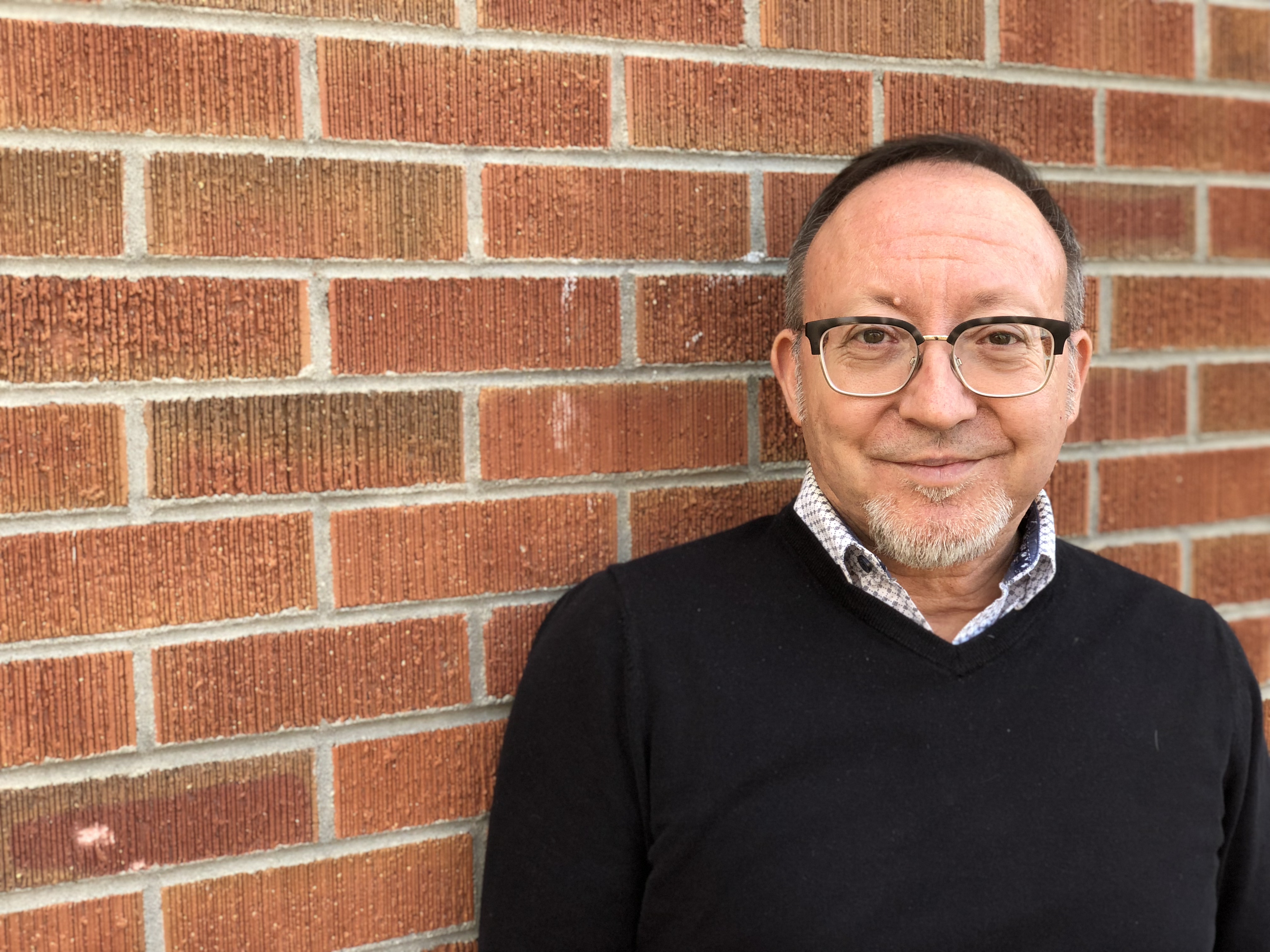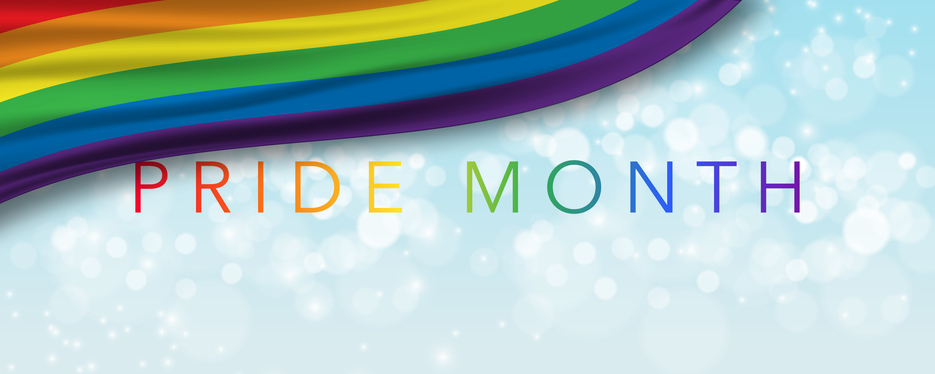Pride Back in the Day
Pride 1985. I was excited because it would be my very first one having just recently “come out”. My friends and I watched the parade that Sunday morning and ended up down by the Capitol, close to downtown Denver. Then the speeches began. After the third one, we got a little antsy. Our visibility was important as a community. We needed to let the world know back in the day we were a force to be reckoned with, but another speech? We had to get across town to the Pride Beer Bust, anxiously looking at our watches. So that was my first Pride experience. Not quite knowing what all the hoopla was about, except a LOT of partying, a place of belonging and feeling good about myself…finally.
Years before, I had left my Christian faith when I was 18. Was it surprising? The year 1985 was also when AIDS was at it’s peak and gay men were dying quickly and prominently. What were the popular televangelists saying from the airwaves? “This is God’s wrath on this community. They deserve to die for their sins against God.” It was shocking how gleeful they were over thousands of people dying. I was pretty wary of Christians and had been wounded by many in my past. You could probably guess what I thought during this season—all Christians hated and condemned the LGBTQ community.
What’s even more shocking is I returned to Jesus and my Christian faith. What I believe about my sexuality has changed also—what happened? A Christian man took an interest in me, became my friend and continued to share Jesus with me. I found myself in Christ (thank God!) and then the environment of WGA. I am grateful to God and for this man’s willingness to journey with me. His witness of Jesus searching for me personally changed the course of my life.
Pride 2024
These days as we enter another June Pride, I’m wondering even more what this event is for? Pride used to be a weekend in June usually on Father’s Day—subtle huh? Now Pride is a month long. I also counted on GLAAD’s calendar, another 48 LGBTQ holidays of remembrance, including another month in October for LGBTQ History Month. Apparently, visibility isn’t the problem these days. Gay marriage is legal now, so that fight has been won for the community. So, I imagine Pride is still a LOT of partying, a place of belonging, dignity and a lot of speeches.
In 2016, Andrew Marin published his book Us Versus Us. For over 6 years 1,712 surveys were collected with at least 21 LGBTQ participants from each state. He had an Atheist and a Christian analyze more than 20,000 individual results and it covered a wide variety of LGBTQ people, denominations, and ethnic backgrounds. What did he find? The results are startling.
- 86% of LGBTQ’s were raised in a faith community.
- 54% left their religious communities after age 18.
- 76% of LGBTQ’s are open to returning to their faith communities (Most are less concerned with a churches theology of homosexuality that the were with how they were treated by individual Christians at church). (Us Versus Us, Andrew Marin Pgs 1, 31, 65)
So long story short—it’s not Us Versus Them. God, like the father in the story of the Prodigal Son is always searching to bring His children back home to Him.
A Prayerful Mission Field?
The LGBTQ+ community is a ripe mission field. What would happen if we saw it this way rather than participating in the culture wars? It is a group of people who need to experience God’s love like any other person. I’m surprised Christians get angry when those “living in the world” don’t act like Christians. Doesn’t that seem like an unreasonable expectation? Yet, I love listening to missionaries share about how they interact with “foreign” cultures. They are not surprised or appalled when there are people doing cultural things we’d consider sinful. Missionaries take time to learn what helps to connect with those they want to love and serve. What language and words would be helpful and not harmful? We should have this gracious missiological approach towards this community.
God’s Searching Heart
I know the story of the Prodigal Son intimately, because I was him. I left God in search of belonging, an identity, and a community. For me, putting that much weight on my sexuality to fulfill each of those things just didn’t work and only left me more wounded. But God searched for me through His people, for which I’m grateful.
This month, I’d like to encourage you when you see a Pride flag, think of this quote from author Trevor Hudson and pray—
“The God of the Bible looks for every human being no matter who he or she is or what he or she as done. Each person has a special place in God’s searching heart. God’s dream for our world is that every human being will come to know that place—especially those who suffer and are in deep pain. You have a role to play in making God’s dream come true. Obviously, you cannot reach out to everyone who is suffering. But in your conversation with God, you can ask, “Lord, who falls within my care? To whom can I bring your love?” (The Questions God Asks Us, Trevor Hudson Pg 23)

Scott Kingry
Program Director
A staff member since June of 1992, Scott is a key player in the WGA discipleship ministry. He plans, organizes, and implements every aspect of the Thursday night support group. In addition to public speaking, counseling group participants and training leaders, Scott maintains personal contact with many group members and it is to Scott’s credit that many group members feel personally welcomed, cared for and loved.
Although he holds a degree in graphic arts, he attributes his ministry qualifications to the “school of hard knocks.” God’s abundant grace continues to be the instrument of growth in his life, and he desires to be firmly grounded in the forgiveness and freedom of relationship with Jesus Christ.
Scott attends a Presbyterian Church.
Make a Difference in Someone's Life
If you enjoy reading WGA’s blogs and would like to show your support, please consider making a donation. Where Grace Abounds is a 501(c)3 non-profit organization. The majority of services, including support groups and discipleship counseling, are provided free of charge. Your financial gifts help to cover the costs associated with offering a free program to those who seek WGA’s services.

